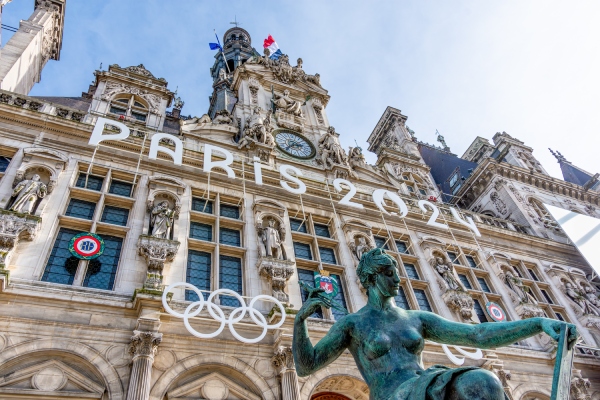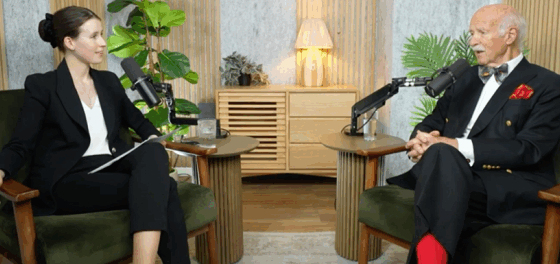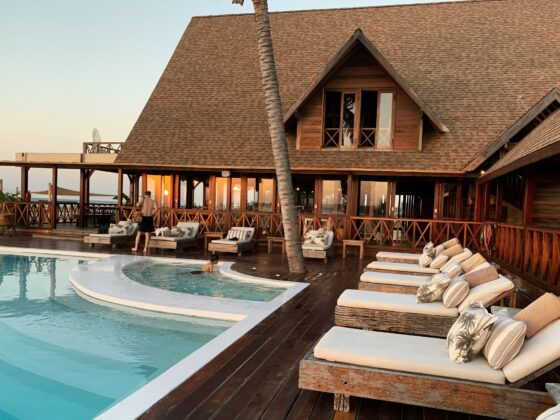Hotel RevPAR across the world increased 13% in third quarter 2024 compared to the same period in 2019, driven by historic ADR stemming from several big events, such as Taylor Swift’s Eras Tour and the Paris Olympics, a recent JLL study has revealed. However, performance has been uneven as demand in the Asia Pacific region was unstable in the last two quarters due to China’s slowing economy.
Supply growth will stay muted, with group, corporate and international demand set to accelerate and fuel elevated performance in the next few months, according to JLL’s latest Global Hotel Investment Trends.
Foreign investment has been on the rise, with more growth expected. Cross-border liquidity reached its peak YTD Q3 total in three years, driven primarily by increased U.S. private equity investors infusing capital into urban markets across Europe and some Asian cities.
The study anticipates Asia and Middle Eastern investors to be increasingly acquisitive in the coming months, with must-have assets in Europe and some cities in the U.S. expected to be the biggest beneficiaries of capital.

Global international travel is inching towards a full recovery, fueling urban RevPAR, the study noted. In most parts of the world’s top urban markets, RevPAR has surpassed 2019 levels, driven by a steady uptick international travel. This is expected to continue through the year, as Chinese travel strengthens. Marquee events are expected to be major drivers of urban hotel demand.
Global hotel transaction volume jumped 14% YTD to $42.1 billion in Q3 2024 compared to 2023 and down 24.5% from 2019 levels. This was driven by multiple large deals. The total number of transactions stood at 953, declining by 15.4% from 2023 and down 0.5% from 2019.
Europe and Asia have witnessed the highest growth driven by the sale of multiple significant hotels. While activity in the Americas was mostly subdued, liquidity has increased each of the last three quarters and is likely to improve, following the Fed’s recent interest rate cut.
Investors have been preferring hotels on opposite ends of the spectrum, the study noted. With the persistent capital market dislocation, there’s been a bifurcation in investor interest, with luxury and select-service hotels becoming the most preferred and liquid. The study expects this juxtaposition to continue underpinned by the increase in global wealth (luxury hotels) and a bigger buyer pool for smaller cheque sizes (select-service hotels).
Luxury pricing surged to sky high levels, propelled by six key trades valued at more than $2 million. Single-asset luxury liquidity touched a record high since 2015. Luxury assets will remain in high demand, particularly as new development slows. International buyers and well-capitalized private equity will be the most acquisitive, with high barrier-to-entry markets across the Americas, Asia Pacific and EMEA likely to be the biggest recipients of capital.
Urban markets will drive liquidity, while resorts will lead pricing. An impressive urban hotel performance has translated into renewed investor optimism. Liquidity will further accelerate as business, group and international travel continue to recover.
Private equity and sovereign wealth funds will emerge as the most active foreign buyers, the study suggested. As global interest rates increase, private equity has become the most acquisitive foreign investor type. Sovereign wealth funds, HNWIs and family offices will be increasingly active in the next few months as debt market volatility persists.
The top three largest markets, in terms of transaction volume in Q3 2024, were London (with total transaction volume totaling $2.1 billion), New York City ($1.6 billion) and Osaka ($1.4 billion).








